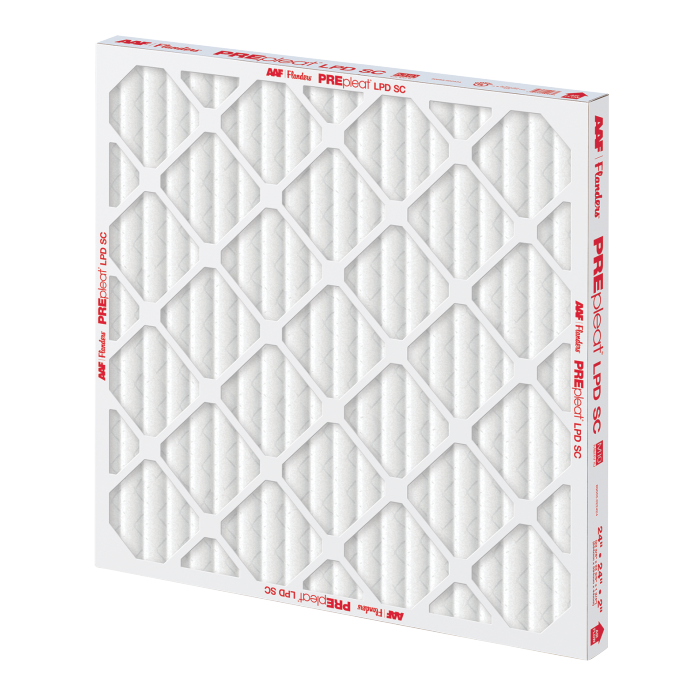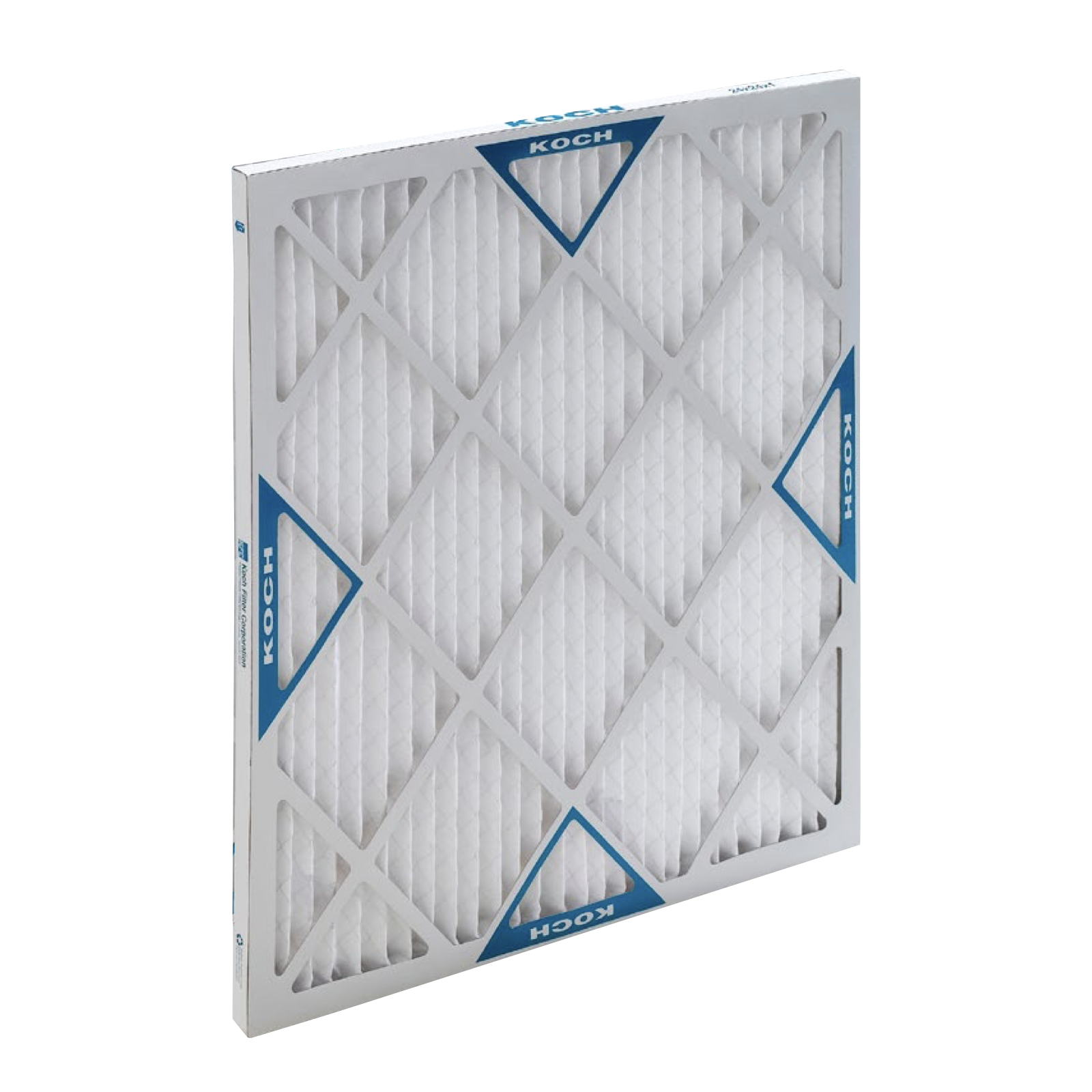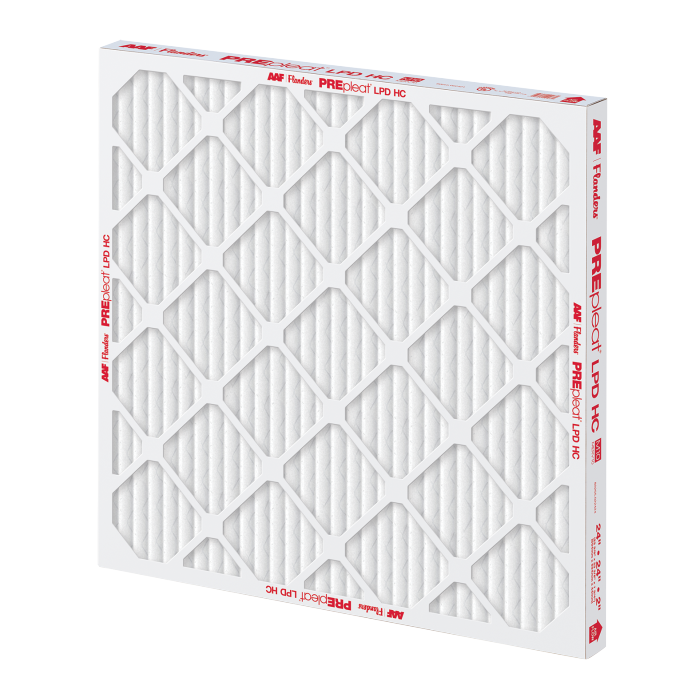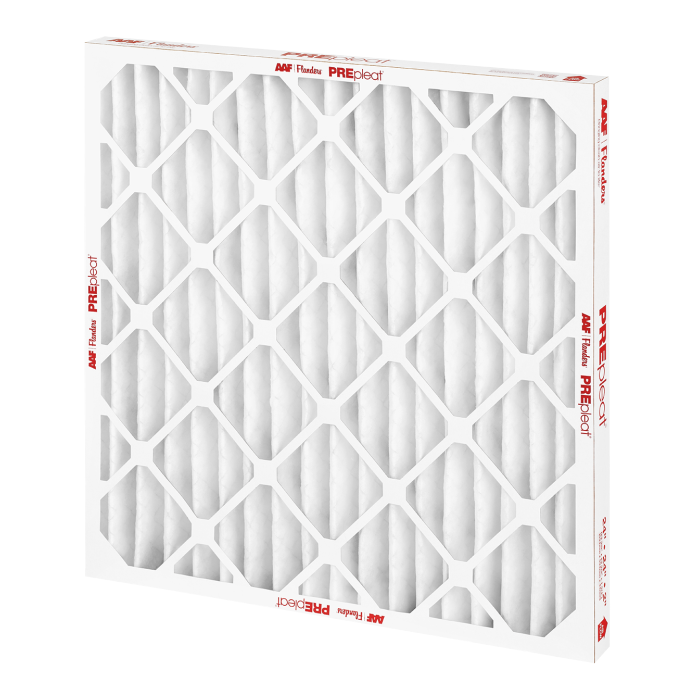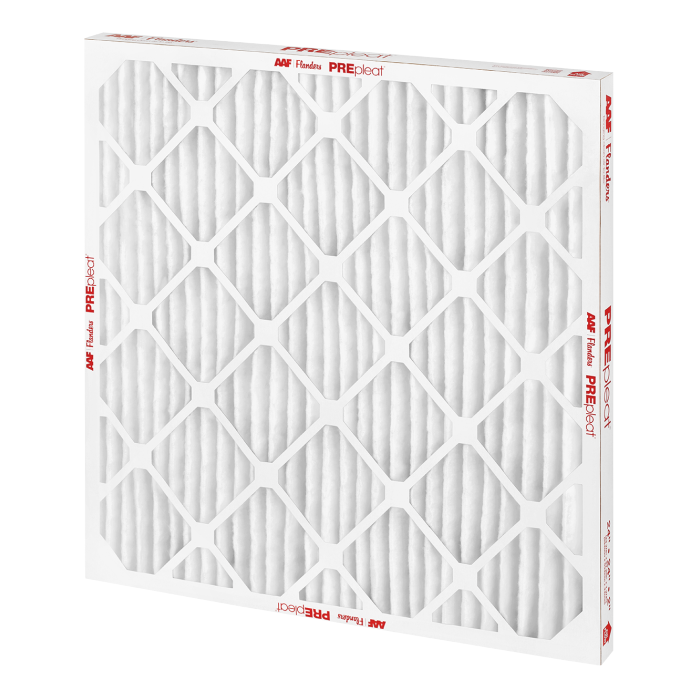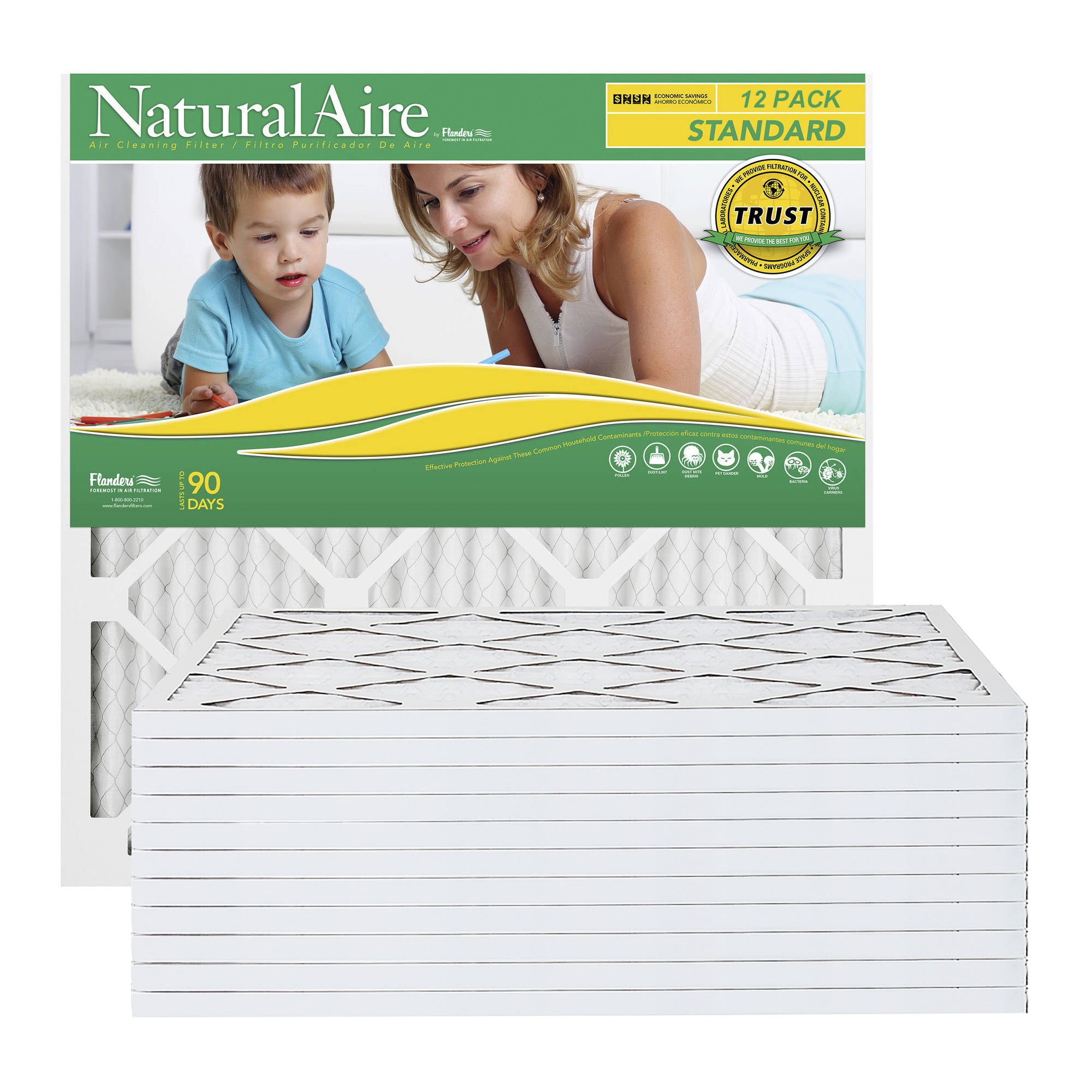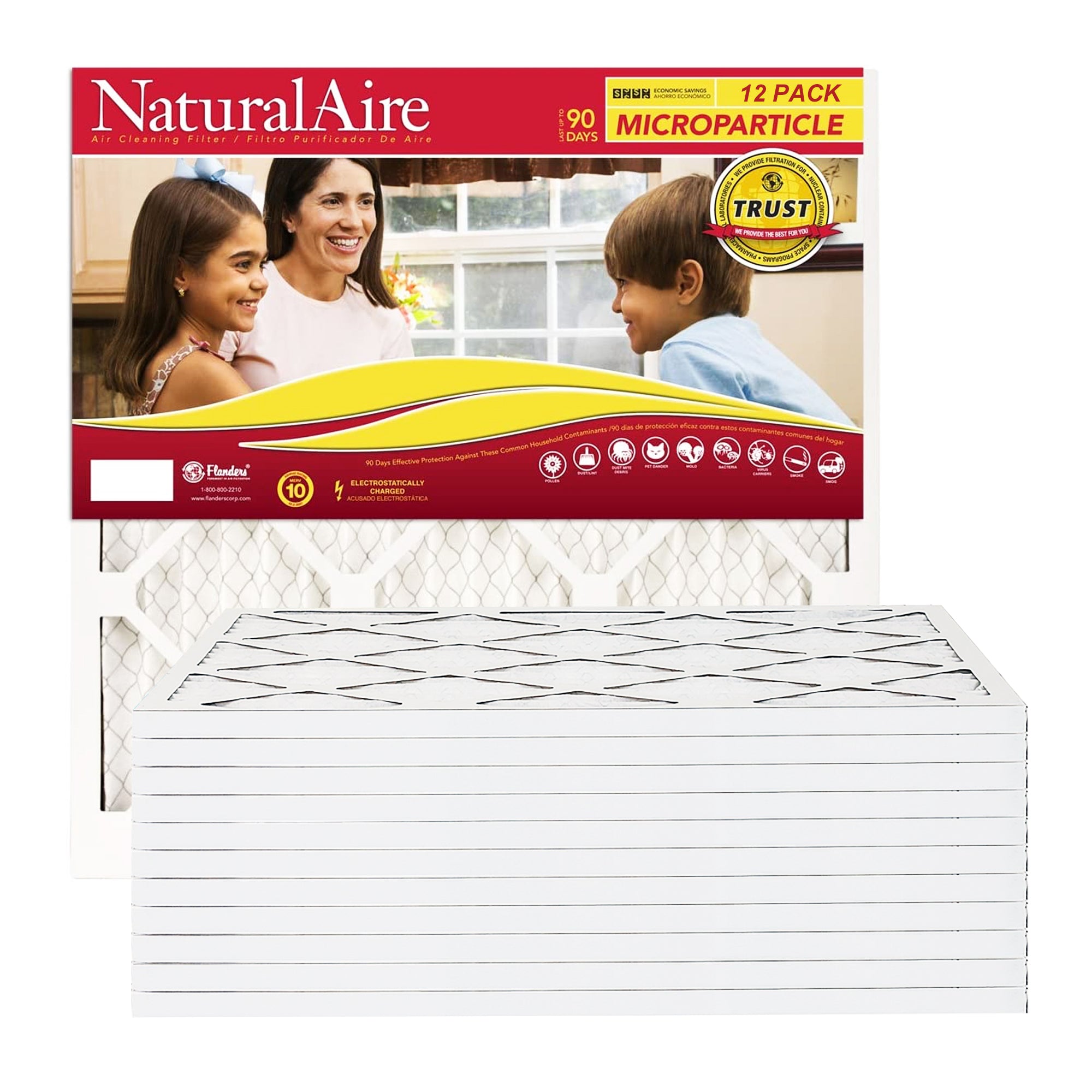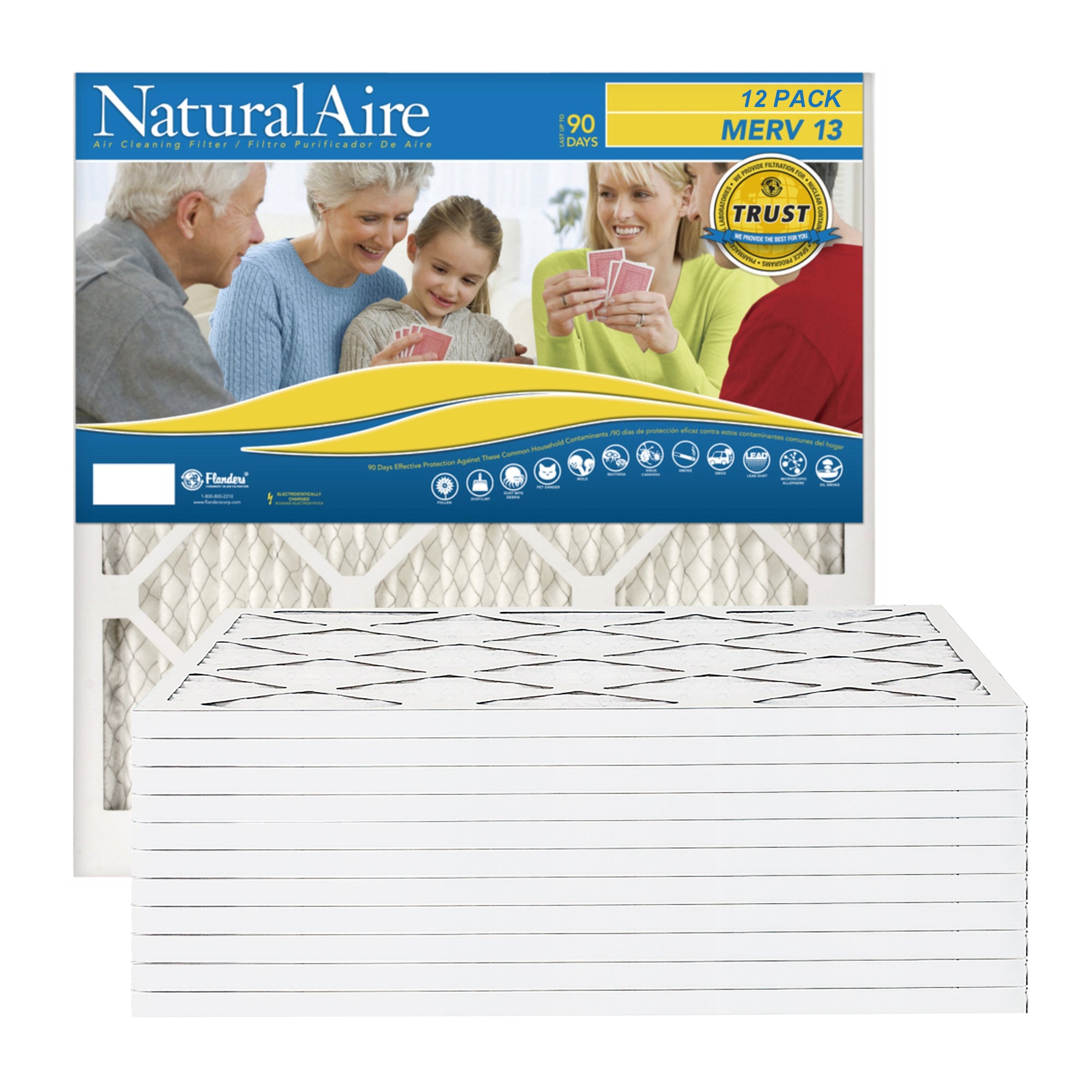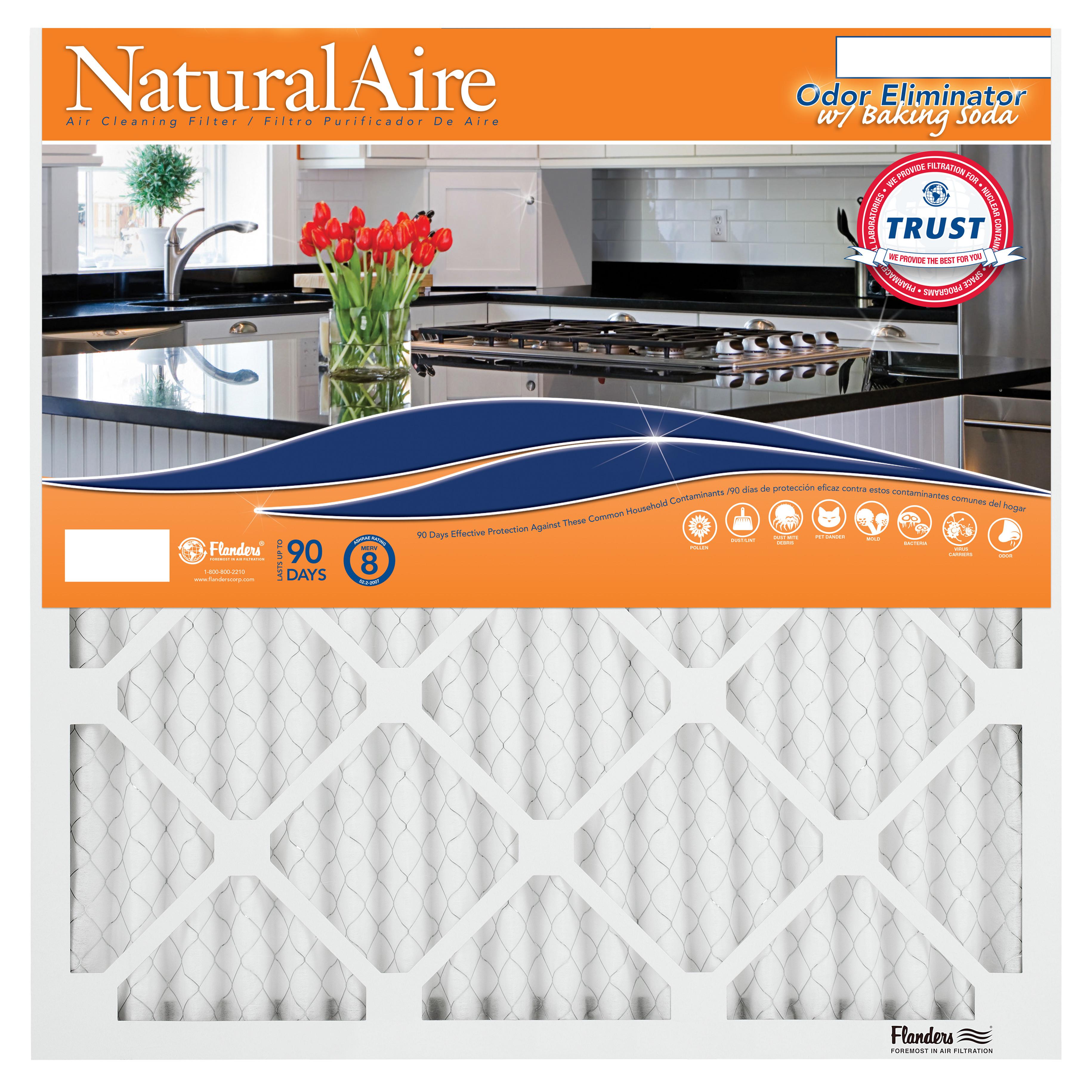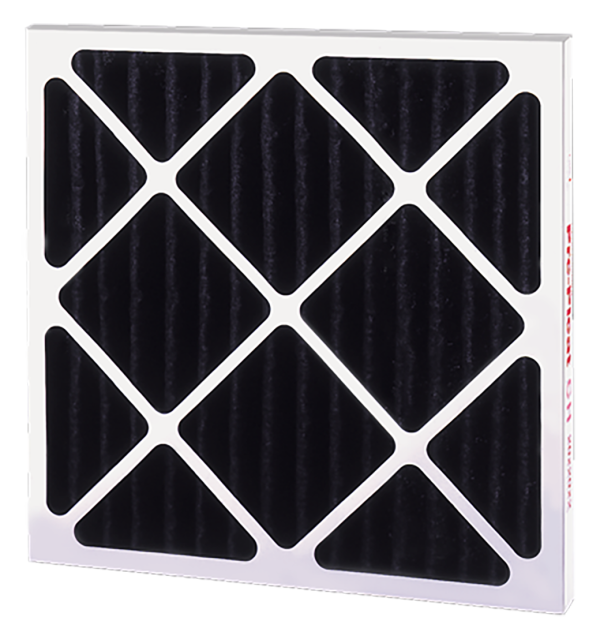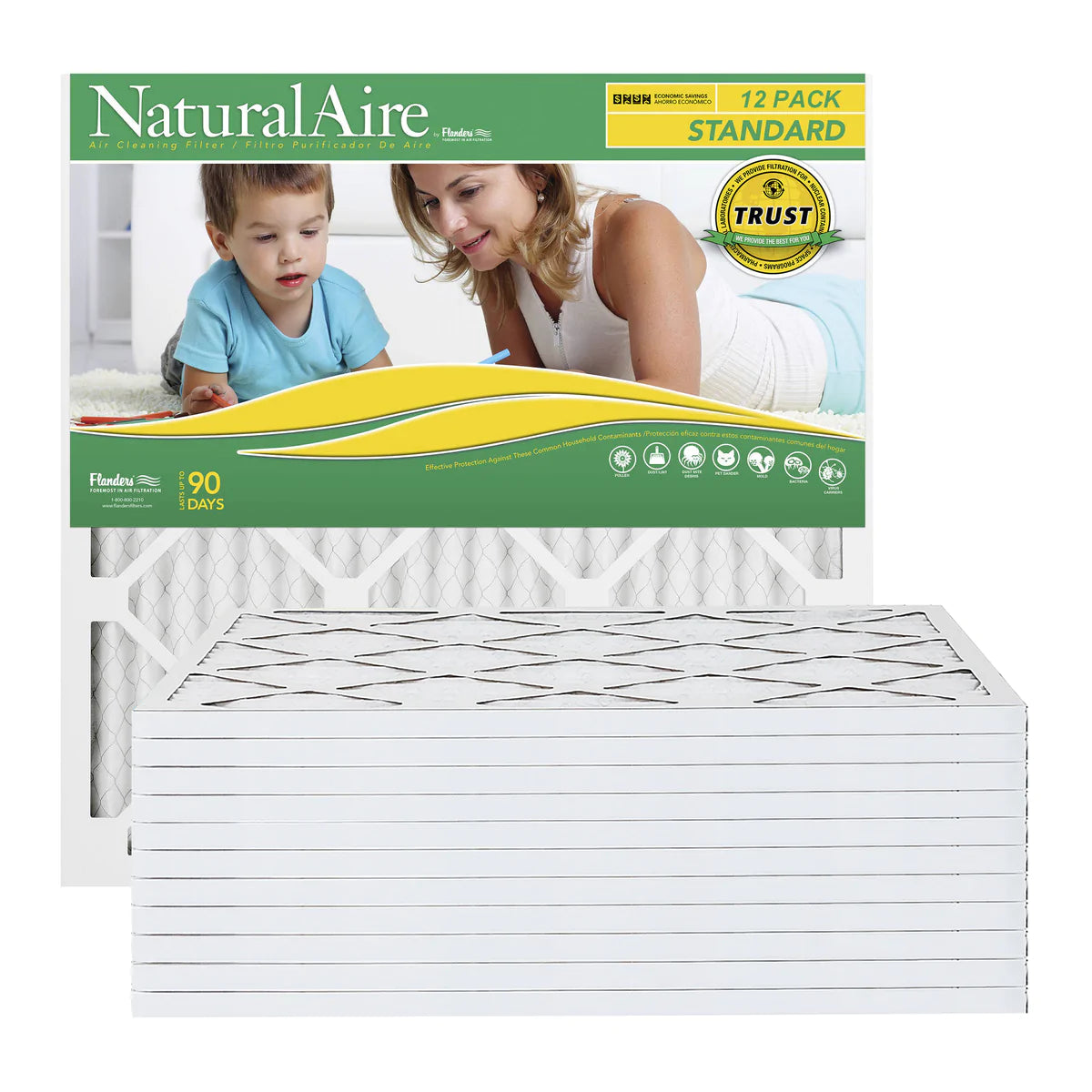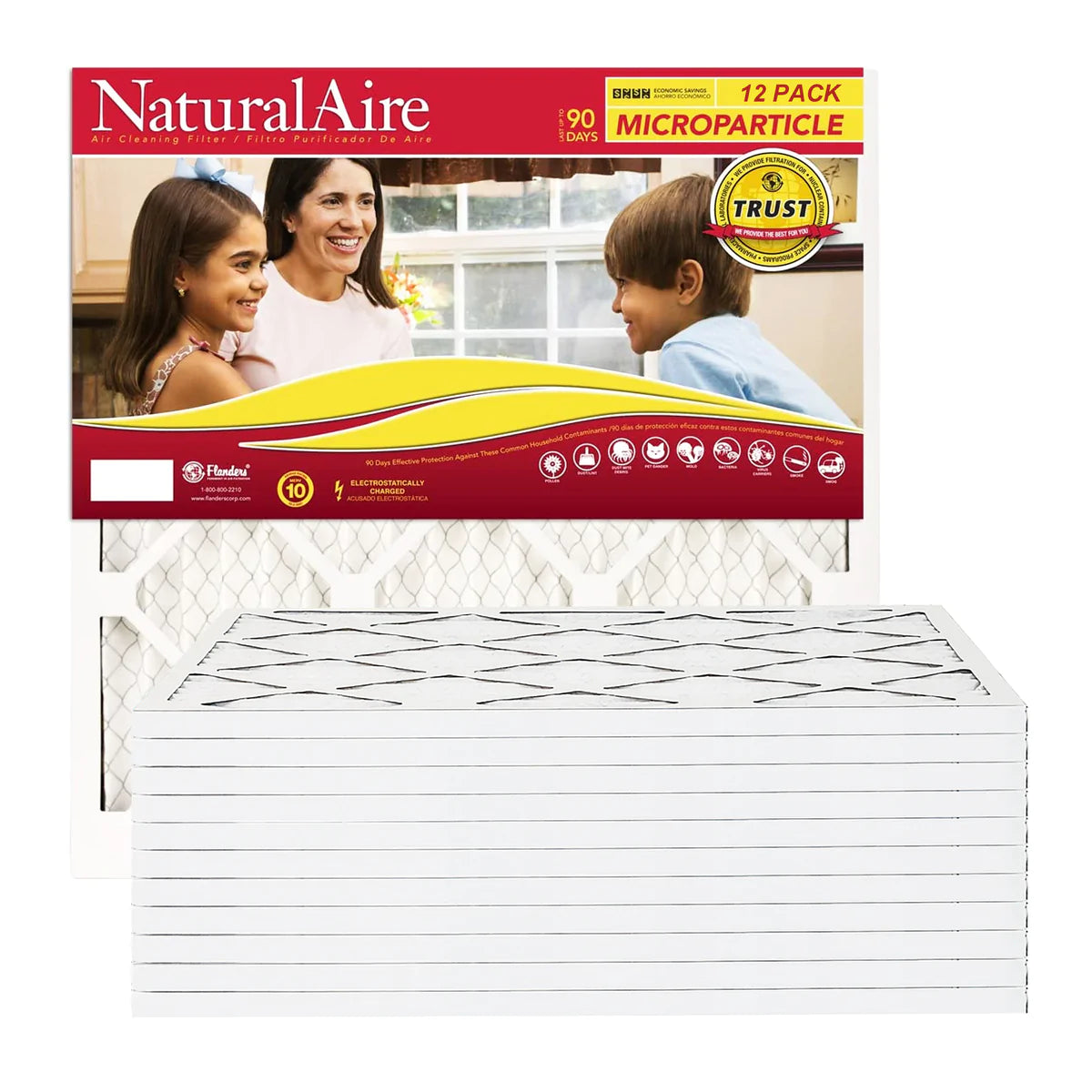There’s no doubt that you’ll notice a vast selection of filters available when shopping around for the best suitable option for your home. Furthermore, you’ll encounter terminology that piques your curiosity and prompts you to contemplate their efficiency in promoting adequate air quality.
HEPA air filters and cleaners are a desired addition in the homes of some looking to achieve the cleanest indoor air possible. But just how much can HEPA air filters cut down on dust? What does the acronym represent? Continue reading to learn more!
What Is a HEPA Air Filter?
Before learning how efficient these products are and whether they’re worth the investment, it helps to learn some information about HEPA. HEPA is a type of mechanical air filter that can theoretically remove 99.97 percent of pollen, mold, bacteria, dust, and other airborne particles from incoming air.
The acronym stands for “high-efficiency particulate air,” meaning that it can capture material with a size of 0.3 microns. However, the pleated mechanical filter can capture more prominent matter with ease.
How Efficient Are HEPA Filters?
HEPA filters are successful at capturing particles other than the typical dust and mold. These filtering components can capture other microscopic, harmful materials like pet dander, smoke, dust mites, and pollen, making them a standard addition to the homes of those with allergies.
With their fine mesh, HEPA filters are thick additions that don’t typically fit in standard HVAC systems. However, their efficiency proves supreme, giving them a MERV rating of 17–20.
Can HEPA Air Filters Cut Down on Dust?
Most dust particles are about 5 microns or less—so small that the naked eye typically wouldn’t notice it. These particles tend to remain suspended in the air for such an extended time that no filter other than HEPA options can remove them.
With the filter able to remove almost 98 percent of particulate matter, the chances of dust making its way through the mesh and infiltrating your home are minimal.
While HEPA filters can cut down on dust, it’s worth noting that these components shouldn’t take place of your standard AC filter. These components should see installation on the return side of a furnace, allowing the furnace’s motor to supply its own airflow.
Searching for the most suitable AC filter is a challenge with so many options on the market. Luckily, you can end your search by exploring our inventory and ordering AC filters online at Remember The Filter! We have a vast selection of components that can align with your air quality needs.


